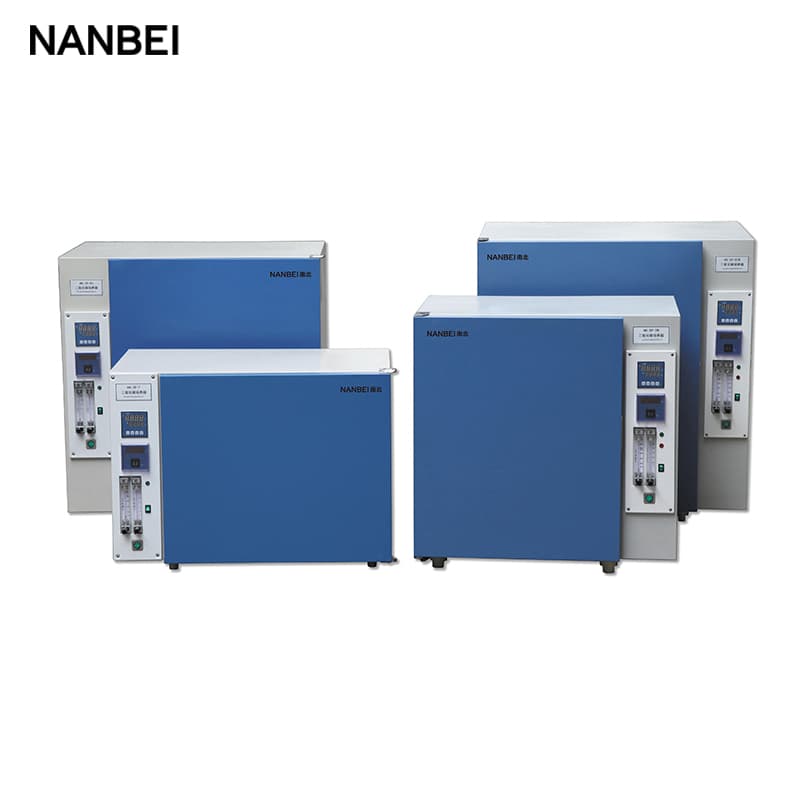CO2 incubators can be divided into water-jacketed and air-jacketed types according to the working principle. Water-jacketed CO2 incubators need to be filled with water to keep the temperature constant and maintain a sufficient humidity level through the heat transfer of water. Generally, a water reservoir is installed on the heated control panel of the incubator, and ultrapure water needs to be added regularly to maintain the humidity in the incubator and prevent the evaporation of the culture solution.
Why do we need to add ultrapure water to CO2 incubator?
1. Reduce the impact of ions in water
In cell culture, the content of some heavy metal ions is required to be controlled within the physiological range required by cells. Using ultrapure water can not only effectively prevent the accumulation of minerals in the water tank from corrosive effects, but also reduce the impact of metal elements in the water on cell growth.
2. Avoid the introduction of microorganisms
Cell culture incubator contamination is a major factor leading to cell culture failure, which will affect the cell culture experiments of the entire laboratory. Therefore, it is a critical step to choose endotoxin-free ultrapure water for the preparation of cell culture-related reagents and water supply for cell culture incubators.
3. Reduce the impact of organic matter
Organic impurities in water are usually humic acid produced by the decay of biological sources and plant materials. These organic matter dissolved in water will promote the reproduction of microorganisms and hinder cell growth.

Carbon dioxide incubator cultures cells/tissues in vitro by simulating the growth environment of cells/tissues in vivo. It is widely used in the research and production of medicine, immunology, genetics, microbiology, agricultural science, and pharmacology.
...
...
...
...
...
...